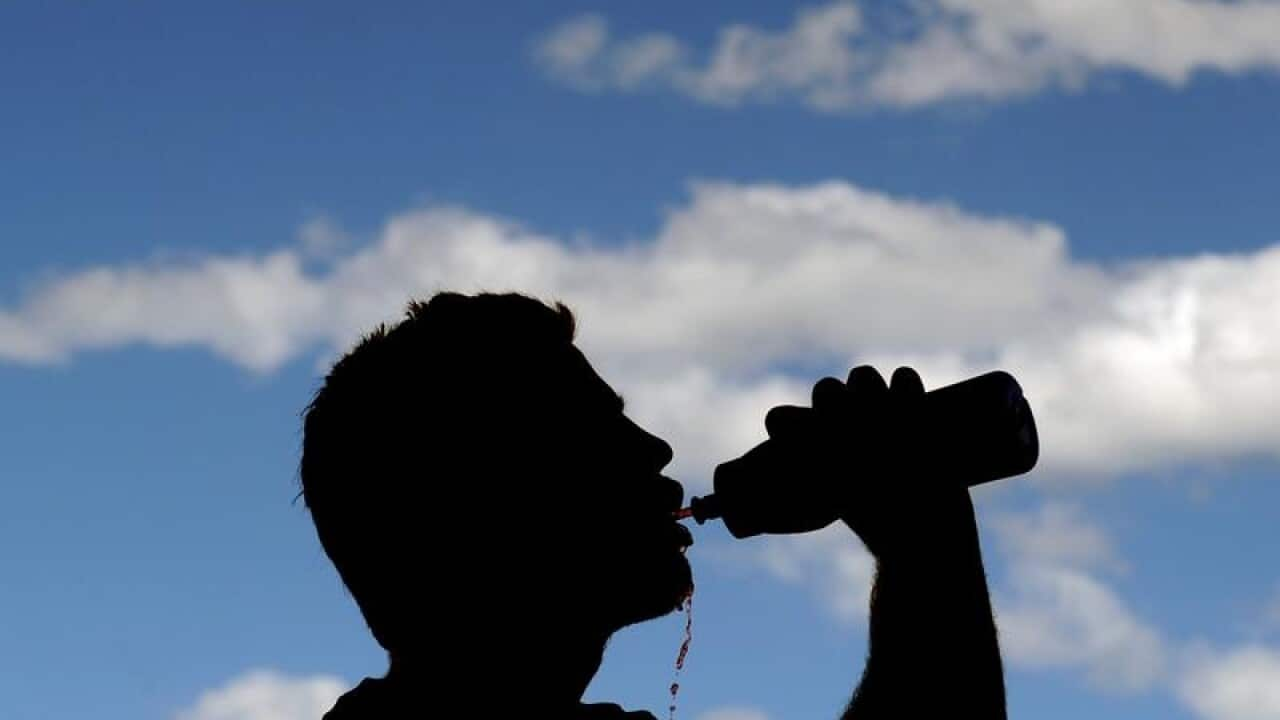Australia's bottled water industry says it's not uncommon for plastics to end up in products but not in unsafe amounts.
US researchers say they detected plastic particles in 93 per cent of bottles sourced from nine countries including the United States, Indonesia, China and India.
Plastics - most invisible to the naked eye - were found in one bottle at a rate of 10,000 particles per litre.
But the Australian Beverages Council, which counts drink giants Coca-Cola Amatil and PepsiCo among its members, emphasised the American study did not relate to local products.
Chief executive Geoff Parker said the science of microplastics, which he termed "a new and emerging field", was being watched very closely.
He said the council's water division enforces a strict safety code on members, who take the safety of their products very seriously.
"The migration of food packaging into whatever food or drink it is protecting is not uncommon," Mr Parker said on Tuesday.
"If Food Standards Australia New Zealand, which is a world-renowned agency, determines more research is needed, we'd be happy to work with them."
FSANZ in 2017 concluded exposures to most chemicals used to produce food packaging are low and unlikely to pose a public health and safety concern.
But it confirmed on Tuesday samples of bottled water were not included in analytical surveys during that three-year proposal.
All packaged water sold in Australia must meet World Health Organisation guidelines, which state the maximum levels of chemicals allowed.
The US microplastics research released earlier this month was commissioned by non-profit journalism organisation Orb Media and has not yet been peer-reviewed.
Researchers said they found significant variation even among bottles of the same brand, likely because of microplastic sources, the manufacturing process and other reasons.
Share

